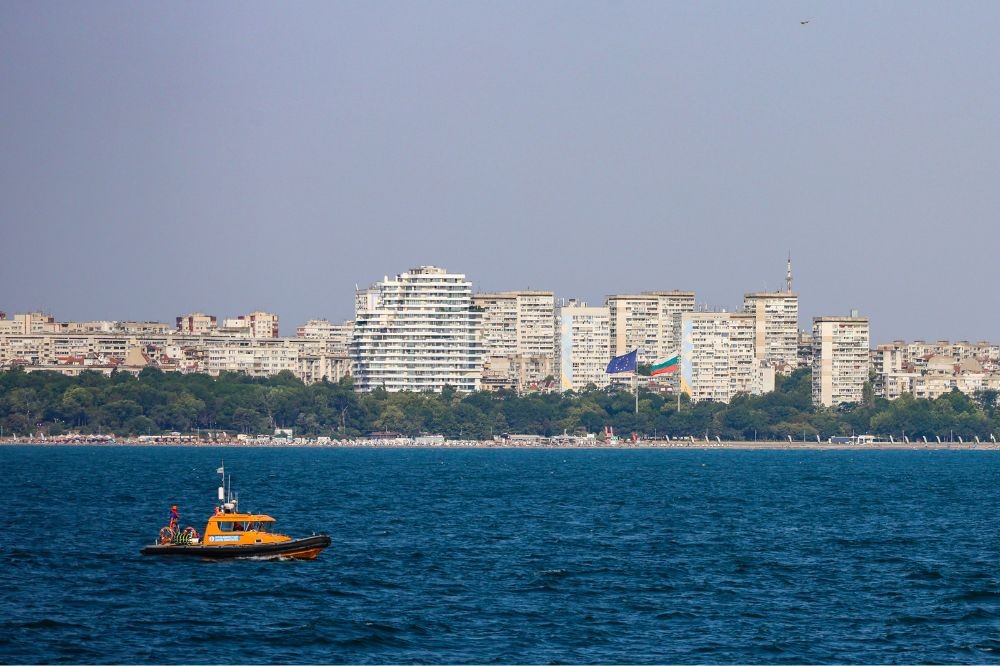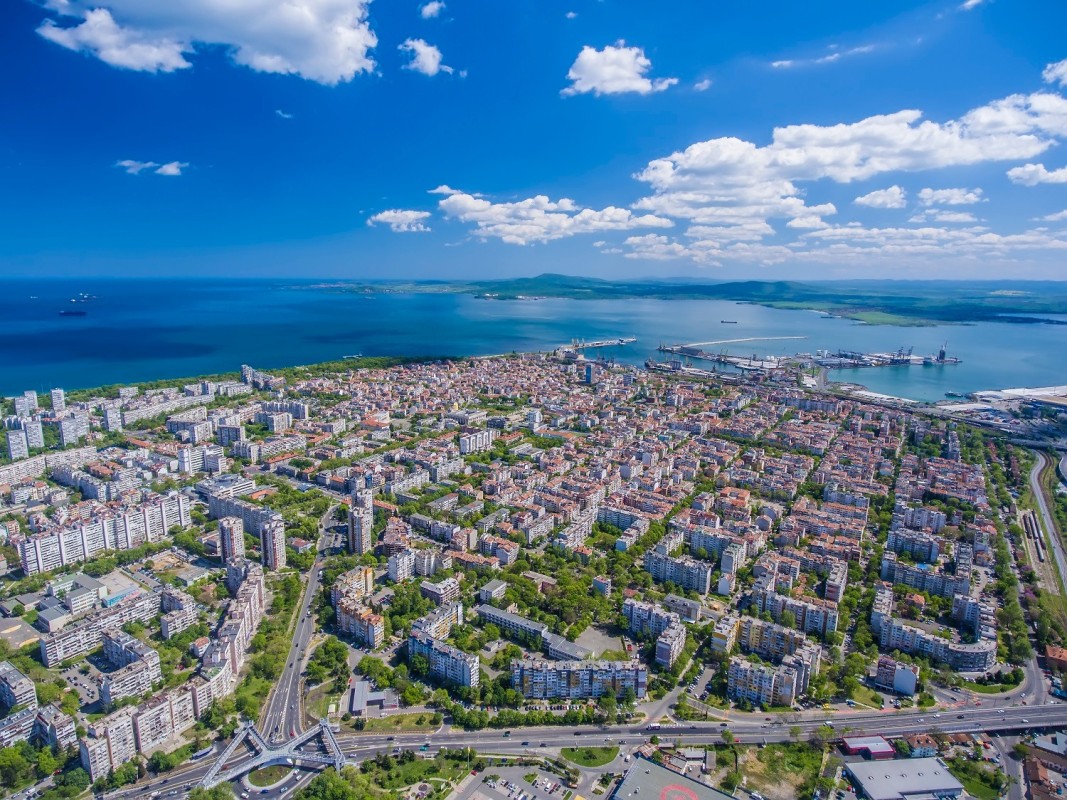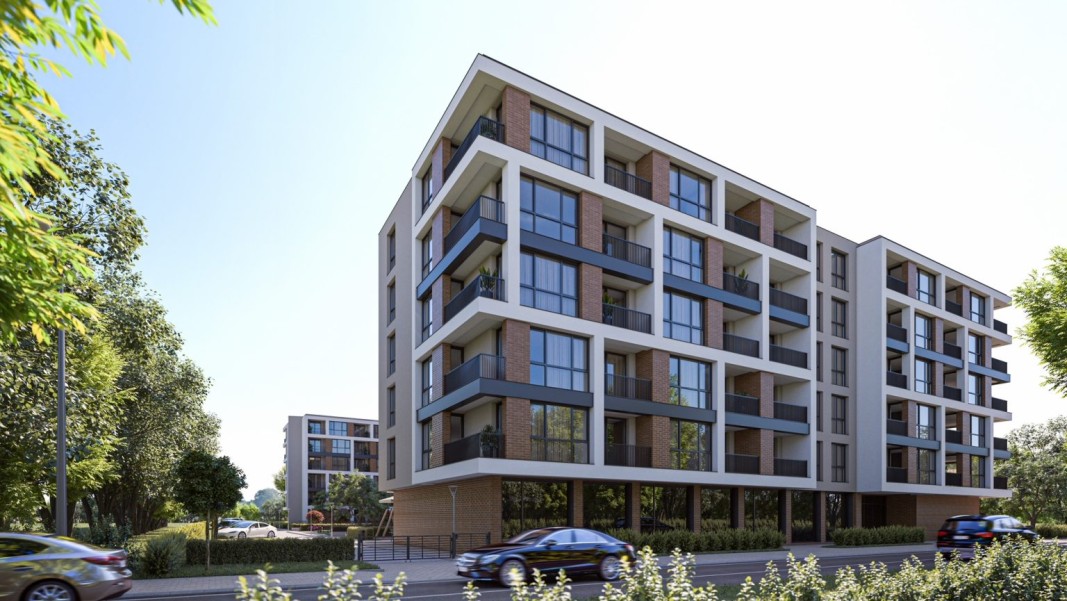The real estate market in Bulgaria has steadily been growing in the past few years. There has been talk of a price bubble, inflated to serious proportions at the time of the pandemic, though expectations that it is going to burst have come to nothing. Quite the opposite. Bulgarians tend to opt for investing in real estate, with this interest having its effect on prices which marked a double-digit rise last year – by an average of 15%. However, there are several factors which could affect the real estate market in 2025. One is Bulgaria’s joining the Schengen area and the country’s inching towards the Eurozone. And even though real estate prices in the country are in euro anyway, the adoption of the EU’s single currency is still expected to push up prices. On the other hand, the issuing of building permits has been going down, while the Bulgarian National Bank’s regulatory measures concerning home and mortgage lending have been tightened, and this means the growth rate may well be preserved. Demand is highest for real estate in the big towns and cities along the Black Sea coast, where the steepest rise in prices has been registered – by 30% on an annual basis. Interest in buying property along the sea coast is – in residential homes to the North and in property to let to the South. Interest in shop space has been going down, real estate agents from the region told Radio Bulgaria.
"The war in Ukraine created a stir on a major scale on the real estate market, especially in cities like Burgas,” says Mariela Boncheva, a real estate agent at one of the agencies in the Black Sea city. The inflow of refugees stimulated the interest in rented accommodation, and this led to a surge in prices in this sector, reaching 100% in some places, she says, and adds that prices are still going up, but that there is one more reason for this:
“Burgas has quickly been turning into a university city, with the development of new university branches and majors, and this has meant more tenants. A large number of medical specialists came to some of the hospitals here, and they too are renting. All this shows that interest in renting and buying for investment has been running high. As regards sales – EUR 2,000 per sq. m. is a threshold that is now often breached in Burgas.”
Georgi Grunov from a real estate agency in Varna says that demand in the city is highest for property for personal use. Prices, however, exceeded the EUR 2,000 per sq. m. mark two years ago. Georgi Grunov says the market is intensive, and adds:
“I’ve been reading articles about how real estate prices in Varna have been going up. That is so, though not at the same rate. The growth rate was much steeper during the previous two years. The rates now are more gradual, more stable and normal. Varna is, after all, one of the best developed cities in Northeastern Bulgaria and the market is quite intensive. We work mostly with Bulgarian customers, not so much with foreigners – from Germany and the UK. We have lately been having Romanians who have an interest in the Northern portion of the Black Sea coastline, but our clients are still mostly Bulgarian. They are mostly looking for real estate to use as a residence, then come the clients who want to invest – for leasing or reselling. Foreigners also want to buy a home, they want to come and live here, not just to buy property in Bulgaria. There are clients who want to buy an apartment for vacation use. They say the environment and the climate in Bulgaria are favourable,” says Georgi Grunov.
Interestingly, to the South – in Burgas – the people who buy holiday homes are mostly foreigners or Bulgarians from mixed marriages. To the North – in Varna – Bulgarians tend to opt for the suburbs, where new gated communities have been appearing. And the most interesting thing of all is that very young people from the city, people only just out of secondary school, have been opting to buy and not rent, as has been the case in previous years.
To sum up, Mariela Boncheva and Georgi Grunov say that Bulgaria’s entry into the Schengen area has not had an effect on the real estate market yet, while the debates surrounding the country’s accession to the Eurozone have sparked a spate of euphoric real estate shopping. There is no indication, however that the real estate market bubble is likely to burst and that prices will go down, as the demand determines the prices, and the market continues just as active. And difficult as it may be to predict what is going to happen, it is only logical to expect the price surges of recent years to give way to a gradual, slow and moderate rise in prices.
Translated and posted by Milena Daynova
Photos: Varna municipality, Burgas municipality, idealstroy.bg, BTA
Property prices on the Black Sea coast have risen by 20%, Nova TV reported, citing major real estate agencies in the Burgas region. Most of the buyers are from Bulgaria and are looking to buy large apartments as an investment, mainly for holiday use...
Cooperation between Bulgaria and China in the field of agriculture and food is very active and is constantly expanding. This was stated at a meeting in Sofia between Deputy Minister of Agriculture and Food Lozana Vasileva and Wan Lejun, Chief Animal..
Bulgaria is making good progress toward joining the Eurozone, as inflation is decreasing towards the threshold set by the criteria, European Bank for Reconstruction and Development President Odile Renaud-Basso said in an interview with BTA. The..
The Bulgarian National Bank (BNB) has revised upwards its expectations for Bulgarian economic growth in 2025 but lowered its GDP growth forecast for..

+359 2 9336 661
